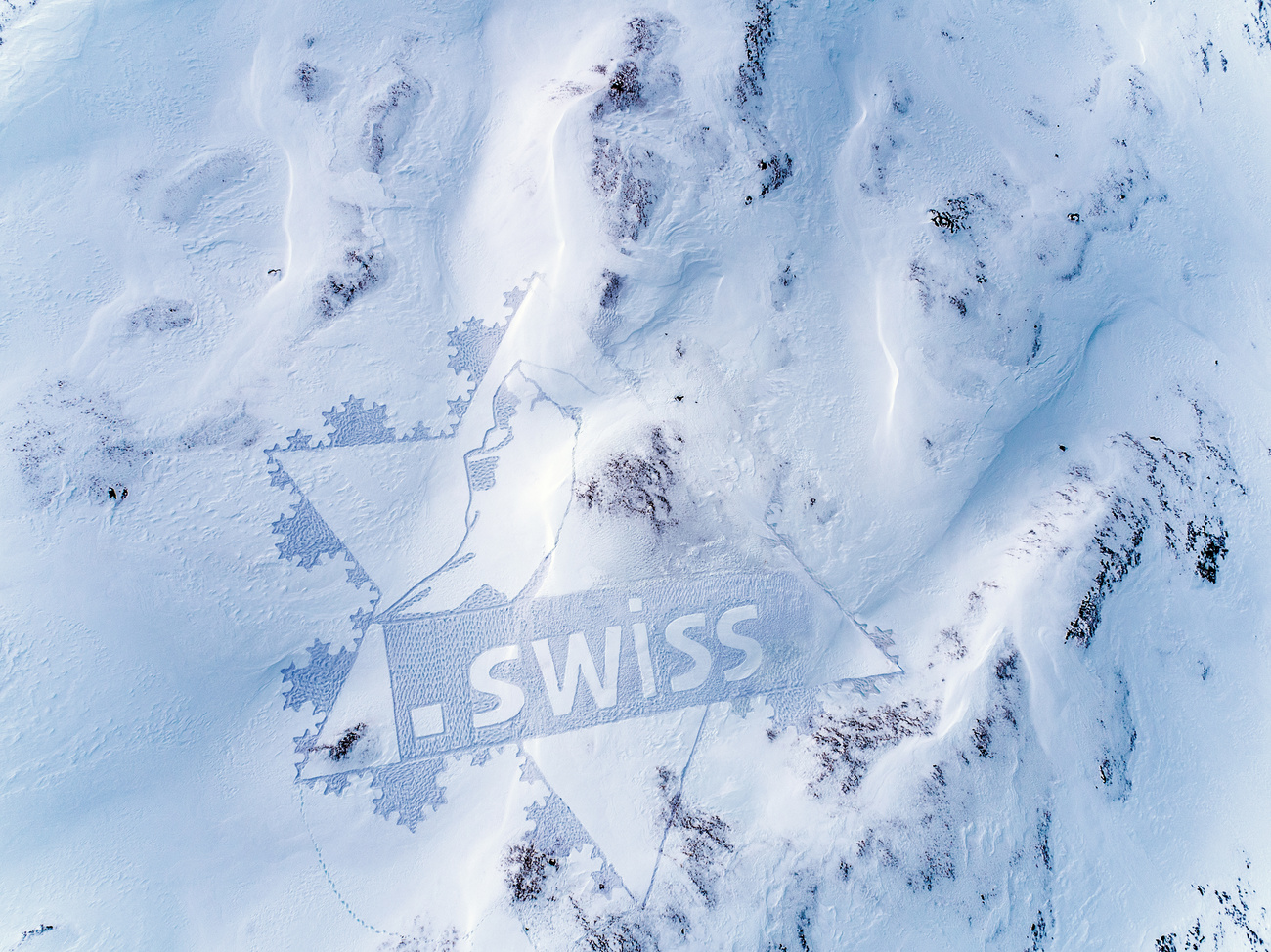Pathogens, Vol. 12, Pages 285: Composting of Wild Boar Carcasses in Lithuania Leads to Inactivation of African Swine Fever Virus in Wintertime
Pathogens doi: 10.3390/pathogens12020285
Authors: Tessa Carrau Alvydas Malakauskas Marius Masiulis Paulius Bušauskas Sigitas Japertas Sandra Blome Paul Deutschmann Virginia Friedrichs Simona Pileviečienė Klaas Dietze Daniel Beltrán-Alcrudo Márk Hóvári Gary A. Flory
African swine fever (ASF) continues to spread and persist in the Eurasian wild boar population. The infection pressure resulting from infected carcasses in the environment can be a major contributor to disease persistence and spread. For this reason, it is crucial to find a safe and efficient method of carcass disposal under different circumstances. In the presented study, we investigated open-air composting of carcasses under winter conditions in northeastern Europe, i.e., Lithuania. We can demonstrate that the ASF virus (ASFV) is inactivated in both entire wild boar carcasses and pieces thereof in a time- and temperature-dependent manner. Composting piles reached up to 59.0 °C, and ASFV was shown to be inactivated. However, the ASFV genome was still present until the end of the 112-day sampling period. While further studies are needed to explore potential risk factors (and their mitigation), such as destruction of composting piles by scavengers or harsh weather conditions, composting seems to present a valid method to inactivate the ASFV in wild boar carcasses where rendering or other disposal methods are not feasible. In summary, composting provides a new tool in our toolbox of ASF control in wild boar and can be considered for carcass disposal.

 1 year ago
44
1 year ago
44


